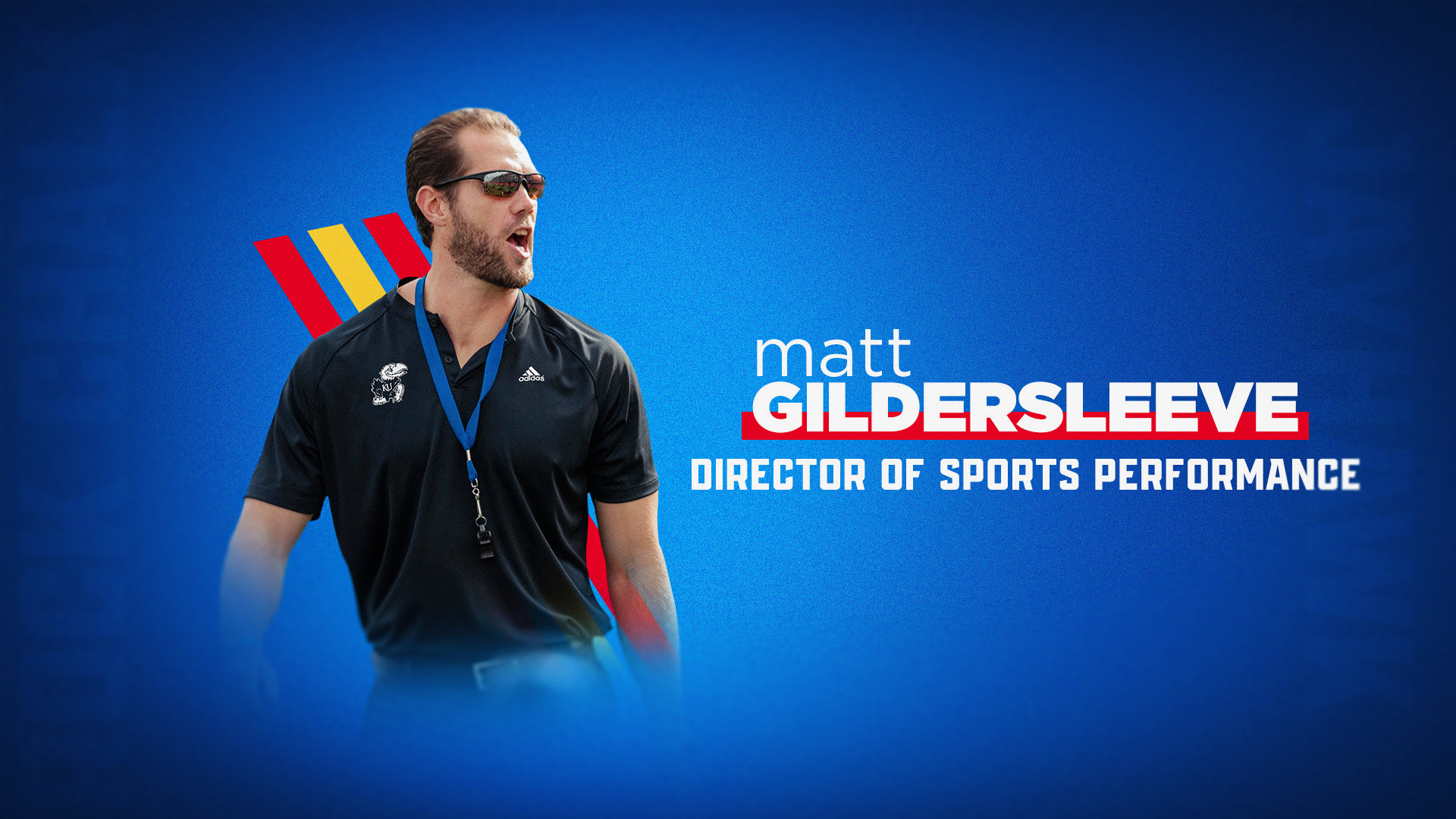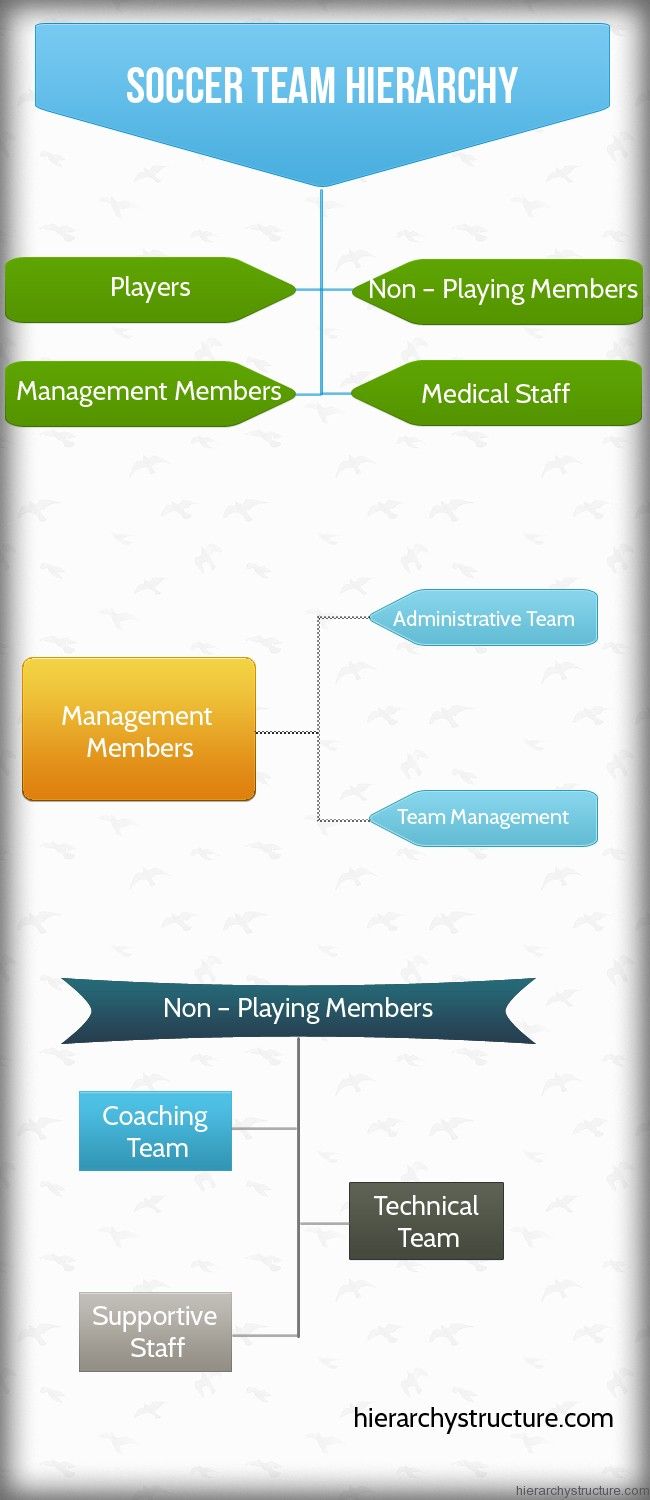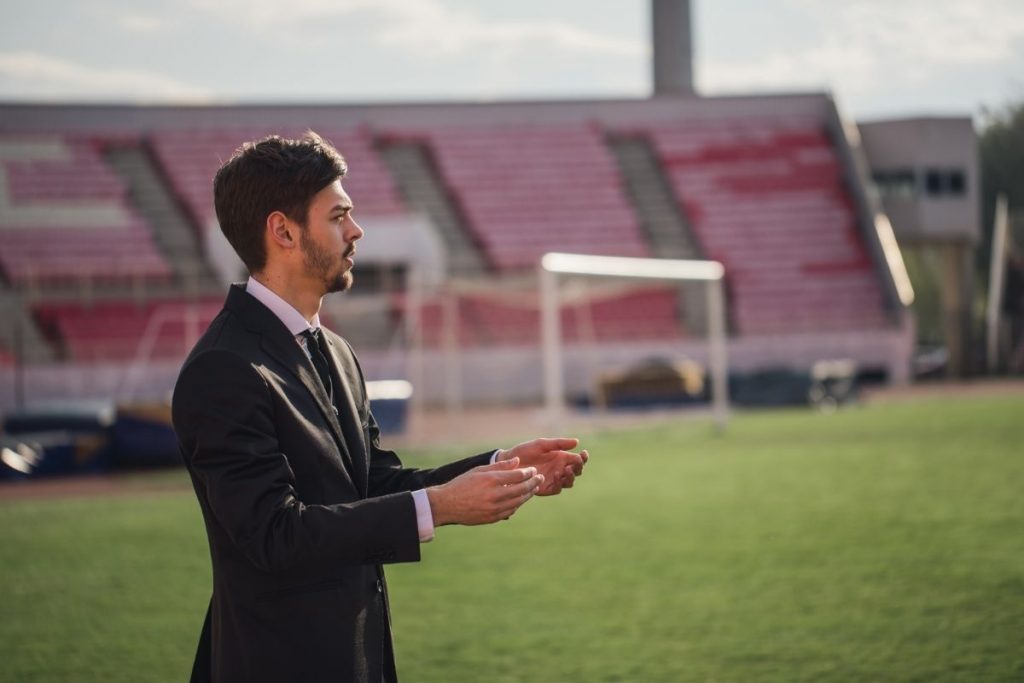The Role of a Director of Sports Performance Explained

In the competitive world of sports, achieving peak performance requires more than just talent and hard work. It demands a strategic approach to training, recovery, and overall athlete development. This is where a Director of Sports Performance plays a pivotal role. As the architect behind an athlete’s or team’s success, this professional ensures that every aspect of performance is optimized. Whether you’re an athlete, coach, or sports enthusiast, understanding the role of a Director of Sports Performance is essential for maximizing potential and achieving long-term goals. (sports performance director, athlete development, performance optimization)
What is a Director of Sports Performance?

A Director of Sports Performance is a specialized professional responsible for designing and implementing comprehensive training programs to enhance athletic performance. Unlike traditional coaches, their focus extends beyond skill development to include strength and conditioning, nutrition, injury prevention, and mental resilience. They work closely with athletes, coaches, and support staff to create a holistic approach tailored to individual or team needs. (sports performance, strength and conditioning, holistic training)
Key Responsibilities of a Director of Sports Performance

Program Design and Implementation
The primary role of a Director of Sports Performance is to develop customized training programs. This involves assessing athletes’ current fitness levels, identifying areas for improvement, and creating plans that align with specific sports demands. Programs often include strength training, speed and agility drills, and flexibility exercises. (training programs, strength training, agility drills)
Injury Prevention and Recovery
Another critical aspect is injury prevention. Directors collaborate with physical therapists and medical staff to design routines that minimize the risk of injuries. They also oversee recovery protocols, ensuring athletes return to peak condition safely. (injury prevention, recovery protocols, athlete safety)
Nutrition and Lifestyle Coaching
Optimal performance isn’t just about training—it’s also about nutrition and lifestyle. Directors educate athletes on proper dietary habits, hydration, and sleep patterns to support their physical demands. (nutrition coaching, hydration, lifestyle management)
📌 Note: Effective communication and leadership skills are essential for a Director of Sports Performance to inspire and guide athletes toward their goals.
Why Hire a Director of Sports Performance?

For athletes and teams aiming for excellence, hiring a Director of Sports Performance offers numerous benefits. These professionals bring expertise, structure, and innovation to training regimens, ensuring athletes perform at their best while reducing the risk of burnout or injury. (athlete excellence, training innovation, injury reduction)
| Benefit | Description |
|---|---|
| Customized Training | Tailored programs to meet specific athletic goals. |
| Injury Prevention | Reduced risk of injuries through targeted exercises. |
| Performance Tracking | Data-driven insights to monitor progress and adjust strategies. |

Checklist: What to Look for in a Director of Sports Performance
- Certified in strength and conditioning (e.g., CSCS, RSCC)
- Experience in your specific sport or discipline
- Strong communication and motivational skills
- Knowledge of sports science and technology
A Director of Sports Performance is an invaluable asset for any athlete or team striving for greatness. By combining science-backed training methods with personalized strategies, they pave the way for sustainable success. Whether you’re looking to improve performance, prevent injuries, or achieve a competitive edge, partnering with a Director of Sports Performance is a game-changing decision. (sports performance director, athlete success, competitive edge)
What qualifications should a Director of Sports Performance have?
+
A qualified Director of Sports Performance should hold certifications such as CSCS (Certified Strength and Conditioning Specialist) or RSCC (Registered Strength and Conditioning Coach), along with relevant experience in sports science and training.
How does a Director of Sports Performance differ from a coach?
+
While coaches focus on skill development and strategy, a Director of Sports Performance specializes in physical conditioning, injury prevention, and overall athlete optimization.
Can individuals hire a Director of Sports Performance, or is it only for teams?
+
Both individuals and teams can benefit from hiring a Director of Sports Performance. Programs are customized to meet the specific needs of the athlete or group.
